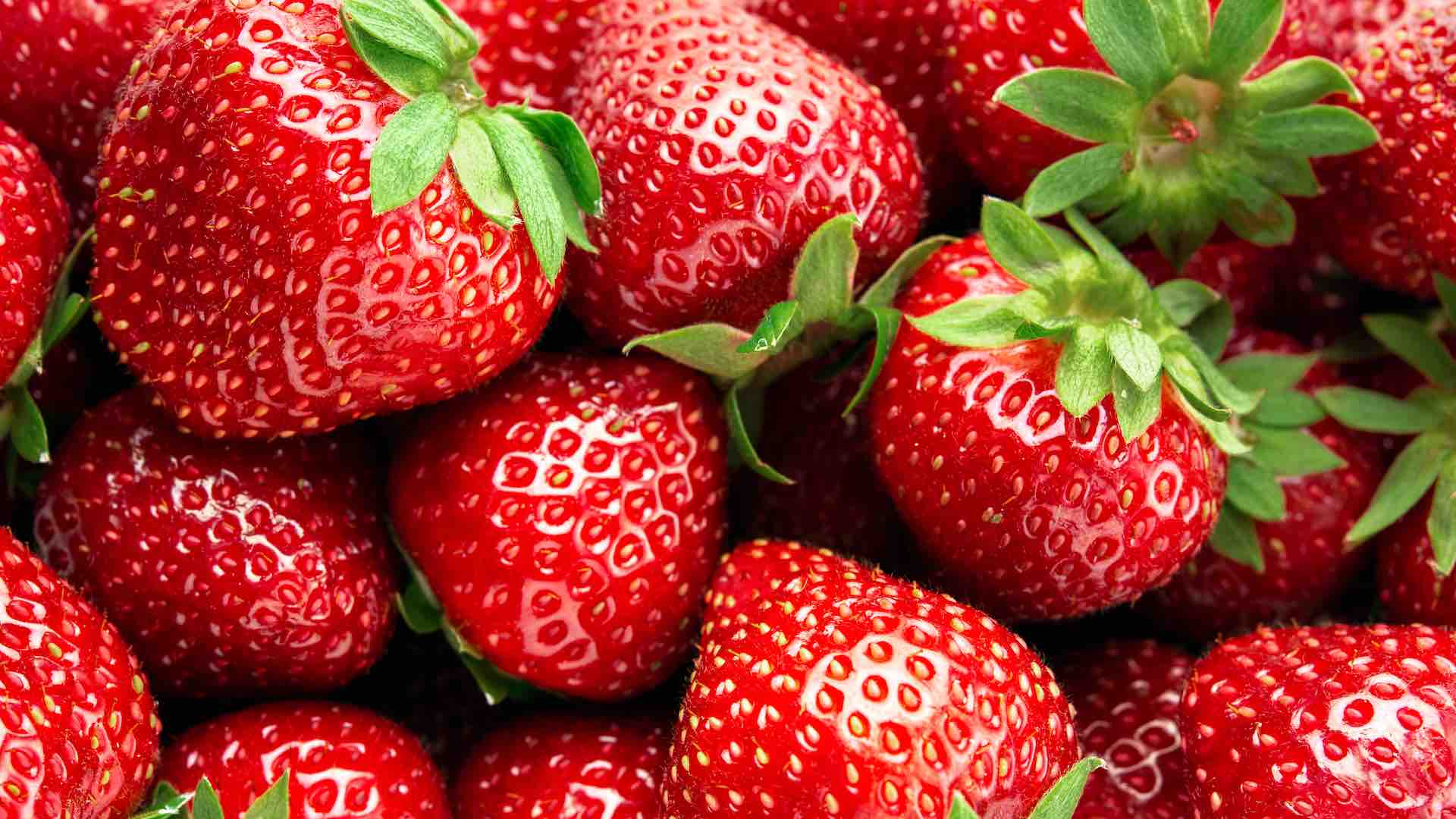In its annual report, the Environmental Working Group (EWG) has unveiled the ‘Dirty Dozen‘ list for 2024, spotlighting the twelve fruits and vegetables with the highest pesticide residues. This list, established in 2004, serves as a critical resource for consumers concerned about the safety of their produce. According to the EWG’s analysis of data from the U.S. Department of Agriculture and the Food and Drug Administration, a staggering 95 percent of samples from the Dirty Dozen contained pesticides.

This alarming figure underscores the ongoing concerns regarding pesticide contamination in conventionally grown produce. The link between pesticide exposure and adverse health effects is well-documented. The Centers for Disease Control and Prevention (CDC) have identified associations between certain pesticides and issues such as miscarriages, birth defects, and developmental disabilities in children.
Topping this year’s Dirty Dozen list are strawberries and spinach, claiming the first and second positions respectively. Notably, grapes have surged from eighth place in 2023 to claim the fourth spot this year, indicating fluctuations in pesticide contamination levels among different produce types. The complete 2024 Dirty Dozen list comprises strawberries, spinach, kale, collard & mustard greens, grapes, peaches, pears, nectarines, apples, bell & hot peppers, cherries, blueberries, and green beans.
In light of these findings, consumers are urged to take precautionary measures to minimize pesticide exposure when consuming non-organic fruits and vegetables. The CDC recommends thorough handwashing and cleaning of all preparation materials before and after handling produce. Registered dietitian nutritionist Carissa Galloway, serving as a Premier Protein Nutrition Consultant and Personal Trainer, offers practical steps for cleaning produce effectively.
These steps include holding the produce under cold water, using a clean paper towel or dedicated produce brush to remove dirt and grit, and drying the produce with a paper towel or salad spinner to preserve freshness. Contrary to popular belief, baking soda or vinegar are not deemed necessary for cleaning produce. Galloway emphasizes that washing produce under cold water remains the most effective method, as endorsed by the CDC.
The use of soap, detergent, or commercial washes is strongly discouraged due to potential health risks associated with residue ingestion. As consumers navigate the complexities of food safety and nutrition, awareness of pesticide contamination in produce underscores the importance of informed decision-making and adherence to recommended cleaning practices.
